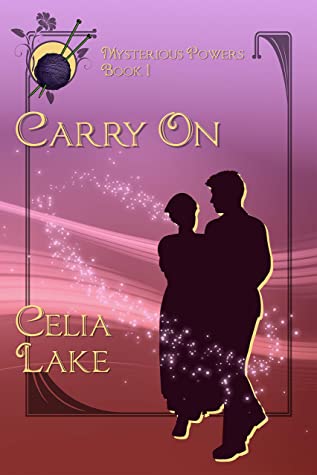On the ebook piracy front:
Earlier this summer, NYT commentator David Pogue tried to buy The Bourne Identity in ebook form so his son could read it at summer camp. But Ludlum’s books aren’t commercially available as ebooks, due to a dispute over royalty rates between Ludlum’s estate and his publisher. So Pogue downloaded a copy from a torrent site — and then sent the publisher $9.99. (You can read Pogue’s piece about it on the New York Times website.)
Legal? No.
Ethical? Well, NYT ethicist Randy Cohen seems to think so, based on his reply to a reader’s question about whether it would be ethical to download a pirated copy of a new Stephen King novel if he had already purchased the hardcover and the ebook wasn’t available yet. (Some publishers delay release of an ebook version in order to generate more hardcover sales.) Whether or not you agree with Mr. Cohen’s reasoning, the comments his post generated show widespread frustration with the current system among today’s readers.
Under existing copyright laws, if you want a book in both paper and electronic format, you must purchase the book twice. It’s actually illegal to make your own electronic copy of a book you own in paper form — even if the book in question doesn’t come in an e-version, or there’s no e-version available for your e-reader device. That’s in stark contrast to a music consumer’s right — and ability — to buy a CD and rip it to MP3 for his or her own use. (Long before that, you could make a cassette tape from an LP. Yes, I know that dates me.)
It’s clear to almost everyone that copyright laws regarding books are lagging far behind the technical realities. What’s not so clear to the average person is why there is such a dichotomy between the rules governing music and those governing books. It begs the question, what are you really buying when you buy a book? Do you own the content, or just the box it came in, whether that box is made of paper and cardboard or bits and bytes? Or are you merely purchasing a license to read the content? It’s something that publishers, authors, lawmakers need to think hard about.
Ultimately, if paper books largely disappear as some analysts predict (except for really beautiful books, special collector copies, and so on), this ethical and legal question will become moot; you will buy the ebook because it’s the only available version, and you will make do without a bound, physical book for your shelves. But during this transitional time, when avid book lovers want both the solid reality of printed books and the convenience of an ebook library, there are going to be those who feel, like ethicist Randy Cohen, that having bought the physical copy entitles them to have an electronic copy of the same content. And given the “fair use” rulings which permit making a copy of a legally-purchased LP or CD for one’s own use, they have some grounds for that belief.
Don’t get me wrong; I’m not advocating piracy. I’m strongly in favor of authors and publishers getting paid fairly for their work. But we as a society — as a global society — will have to come up with fair and reasonable international copyright laws and publishing policies that take into the current technologies and are flexible enough to deal with those that develop over the next few decades. Those laws and policies will need to take into account the rights of content consumers as well as content providers. If they don’t, otherwise law-abiding citizens will no doubt continue to break copyright in order to get digital copies of books they already own in print or cannot purchase legally as ebooks.
Thank you to Chris Meadows at The Digital Reader for bringing the David Pogue and Randy Cohen pieces to my attention.



































